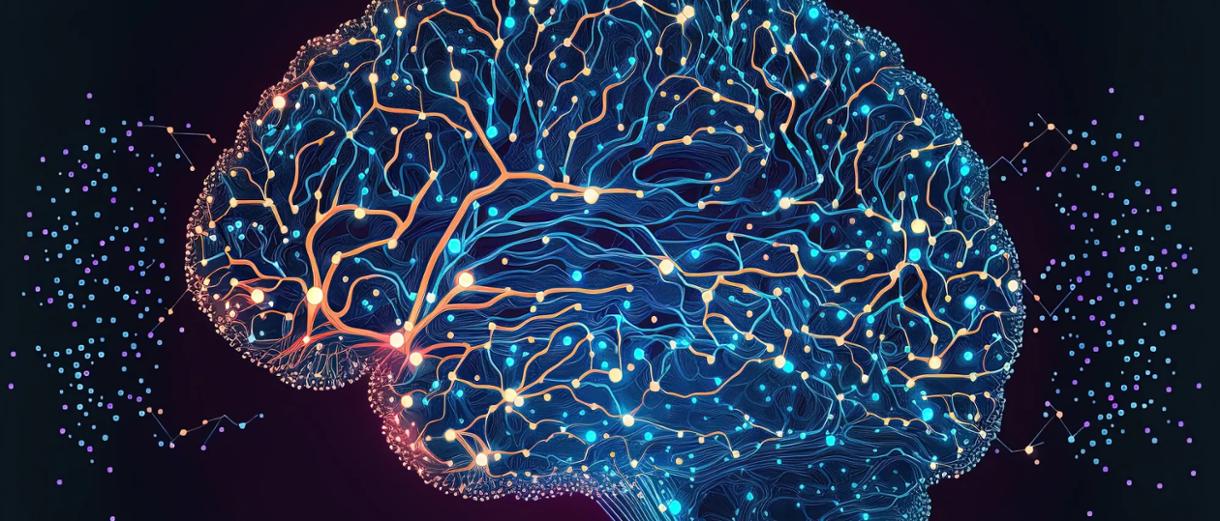A new EBRAINS-led neuroscience project has been awarded a 10 million Euro grant by the European Commission, as part of the Horizon Health Europe Calls 2023 initiative.
The proposal, titled Virtual Brain Twin for personalized treatment of Psychiatric Disorders, with the coordinating role of EBRAINS AISBL, will be under the scientific direction of Viktor Jirsa, Director of the Institut de Neurosciences des Systèmes in Marseille, France. The awarded funding covers 4 years of research.
“In the Virtual Brain Twin, we take a highly innovative approach combining the latest digital twin technology with AI tools to explain how drugs act upon the brain from the molecule to cognition” commented Jirsa. “The potential impact on psychiatry and the society at large is immense.”
Mental disorders are an enourmous economic burden
In the EU, about 165 million people are affected each year by mental disorders. By 2030, estimates are placing mental disorders as the number 1 economic cost factor in medicine.
Schizophrenia alone affects about 1% of the world's population. The clinical effectiveness of the antipsychotics on the market remains limited with 30 to 50% of schizophrenic patients showing an insufficient response to treatment.
Several factors, from genetic to psychological and social, may lie behind poor treatment outcomes or side effects. Drug effectiveness varies significantly from patient to patient.
A new digital ecosystem to guide clinicians
This project will create an ecosystem for generating Virtual Brain Twins for psychiatric patients, spanning across multiple EU countries and building on the expertise in neuronal microcircuit simulation, mathematical analysis, innovative AI tools, psychiatric care and clinical studies obtained during the Human Brain Project.
This ecosystem will guide clinicians to optimise medication type and dosage, and to evaluate alternative treatments, such as brain stimulation and lifestyle changes. Multiscale cause-effect simulations and virtual brain simulations based on fMRI or sMRI data from the individual patient will bridge the gap between molecules and the patient's brain.
The Virtual Brain Twin platform will be at the core of the ecosystem, using big data, multiscale modelling, and high-performance computing (HPC) with strong data safety shields.
The platform will be embedded in the European digital neuroscience research infrastructure EBRAINS and will be initially accessible to neuroscientists, clinical researchers, and mathematical modellers, and in the future, to clinicians, and patients as well.
This ground-breaking project will pave the way for personalised treatment of psychiatric disorders, with the potential to significantly improve the quality of life of patients suffering from these conditions.




